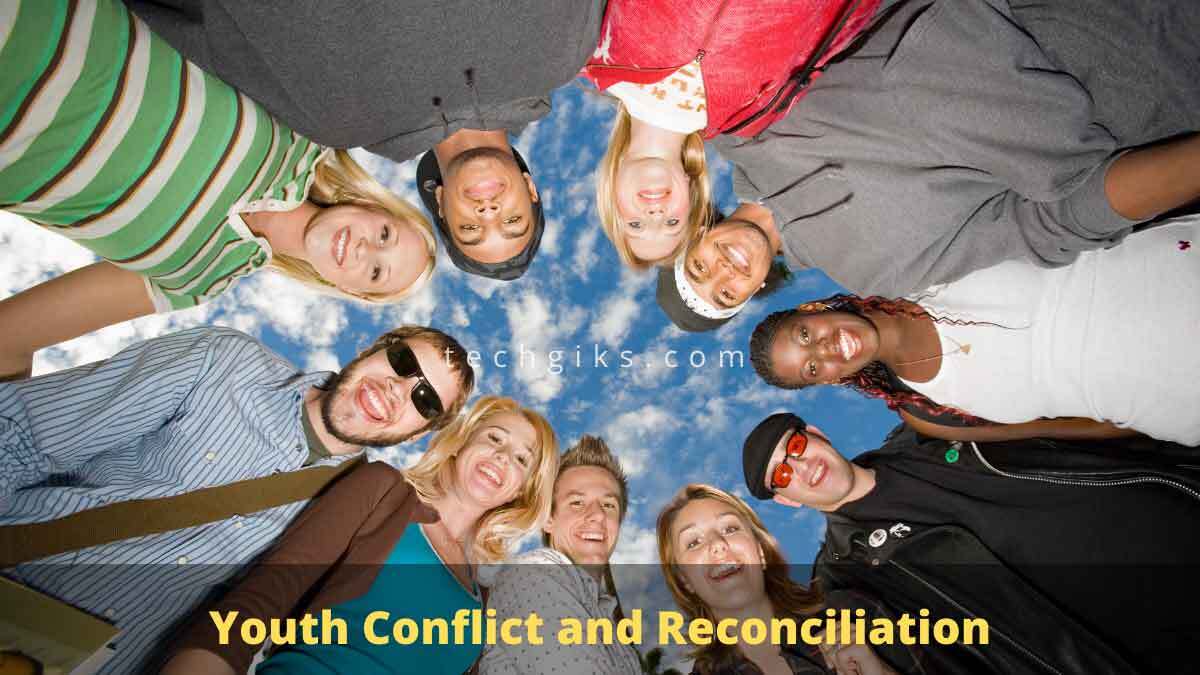Leadership starts with looking into yourself and valuing your uniqueness as a person who wants to achieve a meaningful goal in life. It is about building a culture of a peaceful society, supporting potential, making networks, and partnerships, respecting diversity, and inspiring the leaders who will be the change agents of tomorrow. Furthermore, this is for youth who want to know where they are going, why they are going, who they are going with and what they need to get there. Youth Conflict and Reconciliation are connected.
Youths are not the only leader of tomorrow, but the current positive change in the community and the world. But unfortunately, youth power is misused in political and social sections to develop conflict and violence. Conflict and violence are born in the Lack of democracy, justice, human rights, peace, education, employment, awareness and information. Sometimes, if we fail to respect others’ identity, there is plenty of chances to raise conflict. Similarly, people or groups’ huge ambitions also play a vital role in developing a battle.

Youth benefit from more resources, social capital, and influence in various activities aimed at rapprochement. Youth have always had a voice in conversations about reconciliation, but never enough. It is inspiring to watch how young people have created space where it may or may not have previously been made available to them. These youth movements frequently start as grassroots campaigns to develop schools in particular neighbourhoods, get access to clean drinking water, improve language resources, and fight against discrimination or human rights violations. Each unique invention and innovative strategy gradually reaches more communities and a larger audience.
For instance, people in Canada observe a significant social capital investment in improving youth-serving programmes. They work with 94 Calls to Action presented by the Truth and Reconciliation Commission. Frequently, kids rewrite the Calls or develop their Calls to Action, carrying forth the messages of reconciliation but rewritten to focus on young goals. Similarly, there are different cases in different countries. Youngsters discover places for influence if they don’t witness enough of it. Action significantly increases credibility.
Conflict is part of daily social life. Whether it is within our family, community, national or international arena. The vital thing is how we resolve it, either positively or native matter. Sometimes it develops positive results also. If there is conflict after some time, we must move towards reconciliation for community or national development. Generally, Dialogue and conversation also reduce conflict and violence.
Most importantly, I have a chance to learn what is necessary for reconciliation to national development, long-lasting peace (culture of peace) and institutional democracy. How different countries’ conflicts later join the democratic system, and how people forgive all hate of competition involved in their previous conflict and violent activities. And how they have joined the government also. It will be an excellent example to another conflict country for conflict transformation and reconciliation. Similarly, we must develop hearing of others’ voiceless voices to minimise misunderstanding and conflict. And the same time, we must give all communities and groups equal changes (such as policy creation level, parliament or government).
Furthermore, we must develop a forum for youth for engagement and empowerment because always unengaged youth are causes of conflict and violence. You are always in the form of violence. Still, they have not changed policy-making level or another high-level job, nor changed to national and international n platforms to expose their creativity and knowledge. So, to address this issue, I have developed a project to connect the world’s youth and create opportunities.
You, I received
to you, I give
Together we shared
By this, we live, we live
At last, we hope that you found some helpful info on Youth Conflict and Reconciliation. Explore Political Instability in Developing Countries.
Suppose you want to know more about developing countries’ situations. Visit for tips for content writing.